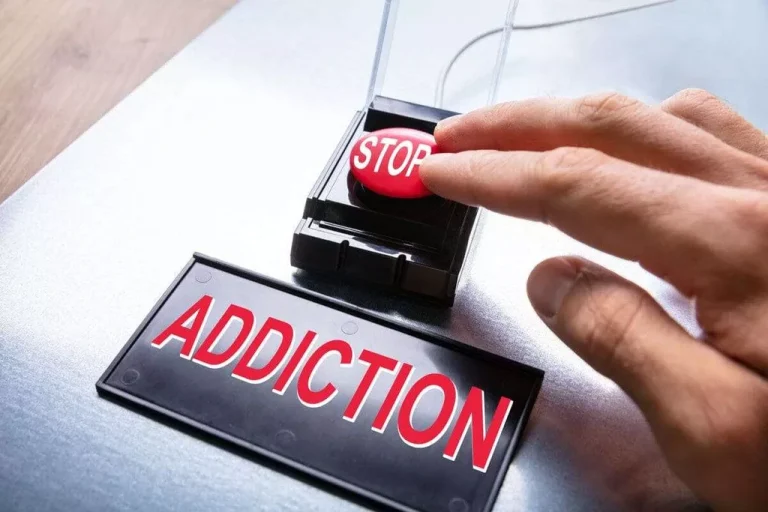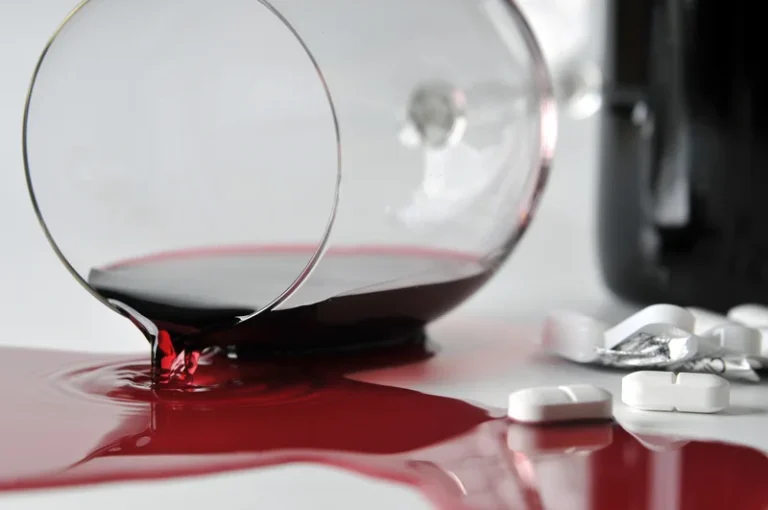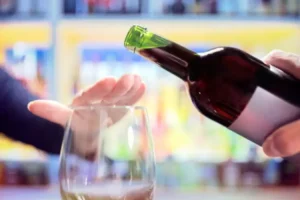
These deficits can cause low energy, skin issues, and oxygen insufficiency, among other health consequences. Without it, you can have strong cravings, mood swings, and hostile behavior. We get amino acids from protein in foods like meat, dairy products, and nuts, along with https://ecosoberhouse.com/ some grains and beans. Heavy drinking makes it harder for your organs to work the way they’re supposed to, especially your stomach lining, pancreas, intestines, and liver. Loss of appetite is one of the signs of liver diseases like cirrhosis and alcoholic hepatitis.
Strategic Meal Planning for Alcohol Recovery

However, these supplements may not provide enough vitamin B1, which is essential for preventing a condition called Wernicke’s encephalopathy (WE), a medical emergency. Therefore, doctors treating individuals detoxing from alcohol might prescribe additional treatments with vitamin B1. Protein is the building block your body needs to repair itself, whether that’s after a workout or after malnourishment from chronic alcohol use. It’s an essential part of a healthy diet for alcoholics who are in recovery. Vitamins are perfectly acceptable to help get your body back on track after giving up alcohol.
Best Foods to Eat in Recovery from Alcohol

Detoxification should never be done at home, as complications like delirium tremens may occur. Instead, our experts recommend medically monitored detox, which is offered at several of our addiction treatment centers in Florida. Understanding these effects underscores the importance of nutrition in the recovery process, as a well-balanced diet can help to repair alcohol-induced damage and restore optimal digestive function.
Fried & Greasy Foods
- Anyone who is struggling with a serious drinking problem should seek professional care.
- CYP2E1, an enzyme engaged in ethanol metabolism directly or by creating reactive oxidative metabolites, is implicated in ethanol disruption of enzymes involved in vitamin D metabolism [83,91].
- The vitamin B complex in general, and particularly vitamins B1 (thiamin), B3 (niacin) and B5 (Pantothenic Acid), play a role in turning sugars into energy.
- However, heavy drinkers experiencing severe side effects might consider the following additional supplements.
It’s essential to drink plenty of fluids during your detox and recovery stage. Foods high in processed sugars, like candy bars, donuts, cakes, or ice cream, tend to offer little in the way of nutritional value while simultaneously triggering the same dopamine release that alcohol does. This is something to be aware of when you pick out alcohol alternatives to drink. Many drinks like soda, sweetened teas, iced coffees, and fruit juices contain lots of added sugars.

Because those who struggle with alcohol often have nutritional deficiencies, a zinc deficiency is possible, and supplementation can be helpful. Zinc may also help reset some of the glutamate brain pathways that are overly active during alcohol withdrawal, thus possibly helping alcohol withdrawal symptoms. Many people who struggle with their drinking don’t have enough L-glutamine in their systems. Adding this nutrient can help boost mood in recovery and reduce withdrawal symptoms, making it one of the best supplements for alcohol cravings. If you’re in recovery from alcohol use disorder, adding this supplement into your diet can help with anxiety, depression, chronic pain, and many other issues that might trigger alcohol cravings.
Vitamins to Take After Drinking
If this is you, don’t stress too much—what you’re experiencing is normal. Below, we’ll discuss why this happens, and some ways to overcome best vitamins for recovering alcoholics these cravings as you adjust to sobriety. Capsaicin is the component in the pepper that causes a burning sensation upon consumption.
- As you evaluate treatment programs to assist in your alcohol detox and recovery, it’s important to look for a program that includes nutritional assistance and behavioral change as part of the program.
- Engaging with a nutritionist or dietitian can be beneficial in creating a personalized nutrition plan that supports long-term recovery and well-being.
- Studies suggest that taking two grams of vitamin C can reduce toxic effects on the liver.
Recovery programs often include nutritional plans tailored to the individual’s needs, addressing specific deficiencies and promoting a diet that supports brain health and reduces cravings. Engaging with a nutritionist or dietitian can be beneficial in creating a personalized nutrition plan that supports long-term recovery and well-being. To delve deeper into the connection between nutritional deficiencies and addiction or to explore alternative avenues for mental health treatment, we encourage you to reach out to our team at Banyan Boca. Recognizing the profound impact of mental health on the recovery journey, we are committed to providing assistance tailored to individual needs. If you or someone you care about is seeking support for the complex interplay between addiction and mental illness, Banyan Boca Mental Health remains a dedicated ally.

In addition, mixing these substances can cause liver strain and gastrointestinal distress. Consult your doctor about drinking and any medications or supplements you are currently taking. Balancing social drinking and dietary supplements requires careful consideration of your overall health and nutritional needs. Heavy drinkers often lack vitamins B1, B6, B9, and A, eventually leading to nutrient deficiency.
High Quality Protein
- The material on this site is for informational purposes only, and is not a substitute for medical advice, diagnosis or treatment provided by a qualified health care provider.
- This article will outline the most essential vitamins for alcohol addiction recovery and food sources of these vitamins.
- Alcohol withdrawal can begin within hours of ending a drinking session.
- Clear liquids in particular do not put as much of a strain on your stomach and intestines as regular food, all while giving you needed hydration for a few days while your body adjusts to being alcohol-free.
People with alcohol use disorder are more likely to have a less nutritious diet, which exacerbates vitamin deficiencies. Alcohol tends to affect the absorption of all vitamins, but particularly vitamin B12, which depletes even with moderate alcohol use. Certain vitamins are vital to repairing and building cells required for bodily functions. Vitamins can only provide some protection against oxidative stress caused by alcohol. However, they cannot entirely prevent the adverse effects of chronic alcohol abuse on the brain.
Which Vitamins are Essential for Drinkers?

It has long been used as a traditional remedy for a variety of illnesses, including liver damage. Although research is ongoing, there’s some evidence that milk thistle can help reduce the symptoms of cirrhosis and chronic hepatitis. If you’re working on reducing your drinking, milk thistle can be one way to protect your liver from the damaging effects of alcohol. Vitamin C is an essential water-soluble nutrient that the body needs for many biological processes such as, enzyme reactions, hormone synthesis, and tissue structure.
